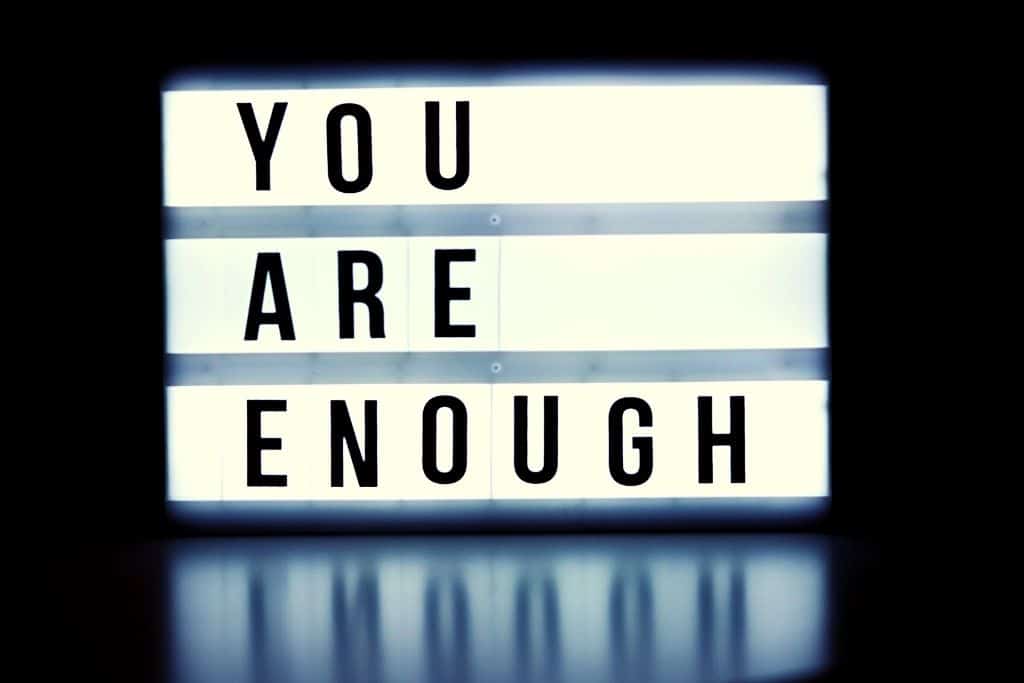
The below interview is with Karen Nimmo, Clinical Psychologist and author. I reached out to her after noticing that quite a few of us here at Living Sober are feeling unnerved about everything that is going on with the pandemic. She has answered the questions I sent her with some great advice for how we can make sense of our feelings and look after ourselves and our loved ones. She also has a really powerful Covid related video entitled "4-Minute Therapy: when you’re worried about COVID coming closer" on her Facebook page.
===========
Mrs D: New Zealand feels quite tense right now with Omicron spreading and disruptive protests taking place, what can we do about these things which are so real and impactful yet totally out of our control?
Karen: It’s very tough to accept that these things are out of our control but many components of it are. The trouble is when we feel we have no agency – no control over our own lives – we can react in ways that are harmful to others or even ourselves. For example, abusing alcohol or binge eating or getting unreasonably angry at our partners and kids. We all know that we should focus on what we can control but it’s not that easy when there’s so much going on. The best idea is to boil it down to who matters most in your world – including yourself -- and do what you can to best protect and educate them, and develop/model good habits yourself. If you have family members or close friends who have different pandemic-related beliefs, you can (and have a right to) set boundaries for your relationship without crashing and burning it.
Mrs D: How real is 'pandemic fatigue' and what can we do about it?
Karen: It’s real. We’re into our third year and people are at various stages of acceptance and coping. Pandemic fatigue shows up like burnout. As well as mental and physical exhaustion, people are low on energy and motivation. Negativity and frustration is common. So are sleep difficulties, stomach aches, headaches, unexplained aches and pains. There’s also increased emotional reactivity and a lot of overthinking and obsessive thinking – worrying about where this might all lead which none of us can know for sure. It’s important to keep your own tank topped up, pour in the self-care. Treat yourself as well as you can, within the limits of your finances and circumstances. Continue with, or introduce habits that promote good mental and physical health. Treating yourself well boosts will boost your self worth. Bank your mental wins, too. Whenever you handle a situation well, take the time to acknowledge it. It all helps to build resilience and a belief that you can cope.
Mrs D: We all know the advice about switching off the news and taking care of ourselves, but often choose to ignore it.. why is that?
Karen: We want to be informed and, to be fair, we do need to keep up with what’s going on. However it can pretty quickly get into what I call the “twitch” zone, where you are obsessively checking your phone for updates and diving down internet rabbit holes which often just end up making you angry or fearful. There’s a difference between keeping up to date which is healthy, and constantly engaging with all the noise (media, social media, expert opinion), which is not. Keep an eye on how you’re feeling when you engage with all noise and if it stirs up negative feelings, dial it down.
Mrs D: Is there such a thing as a healthy level of stress?
Karen: Absolutely. Stress gets a bad rap, and obviously many people see psychologists for stress-related reasons. But stress doesn’t have to be feared and avoided altogether, it can be healthy and helpful. It’s actually integral to being fully alive. If you think about it, some of the symptoms of stress are the same as those you feel when you’re excited or in love. And some level of stress is a motivator, it’s important in achieving peak performance so - as long as it’s well managed - it can be a good thing. So don’t automatically back away from stress, commit to learning to manage it.
Mrs D: What are some of the markers that your stress, fear or anxiety has tipped into worrying levels? What should we do if or when that happens?
Karen: The obvious signs are sleep problems, overthinking/having a busy or fuzzy head, ruminating on problems, irritability, unexplained physical aches and pains. You may also be jumpy, restless, have a feeling of dread you can’t shake. Behavioural changes include increased drinking and drug use, smoking cigarettes, binge or stress eating. Take note when your unhealthy behaviours escalate, especially if they start to affect your work, relationships or normal activities. A great way to tell is to gauge the seriousness of what’s going on is to look at your weekend activities. Weekends lack the structure of the working week and you can tell a lot from what you do, who you do it with, whether you enjoy it or you just want to run and hide from everyone. I wrote a more in-depth piece about ways to know if your mental health issues are getting more serious here.
Mrs D: Any specific words of wisdom or advice for people who are trying to quit drinking in the midst of this pandemic shitstorm?
Karen: There’s never a perfect time for anything. A rolling pandemic is stressful – absolutely – but there’s always going to be some kind of stress going on. If you’ve quit drinking, you’ve taken that courageous, all-important first step. It’s super-important to lock in your strategy, have some solid daily routines and a tiny army (your support team) you can lean on when you feel a bit wobbly. Connect in regularly with your online community too. It’s not just a wonderful resource, these are real people going through the same thing as you and they can be hugely comforting. I've written more about ways to strengthen your mental health here.








Thank you @mrsD and Karen for this. I didn’t realize how much I needed this until I read it. Very good and very timely advice.
Thank you for this, I appreciate its recent, and NZ
Thank you so much. I think the ‘banking’ of mental wins, acknowledging them, is such a great thought, as who ever does this? A quiet meditation on all we have done well in a day – NO! No time, quick, onto the next thing.
I am going to try to reflect on the good every commute, just a few things 🙂
Thank you to Karen and @mrs-d for this informative article. Many a true word spoken here and a timely reminder we need to look after ourselves and our tribe.